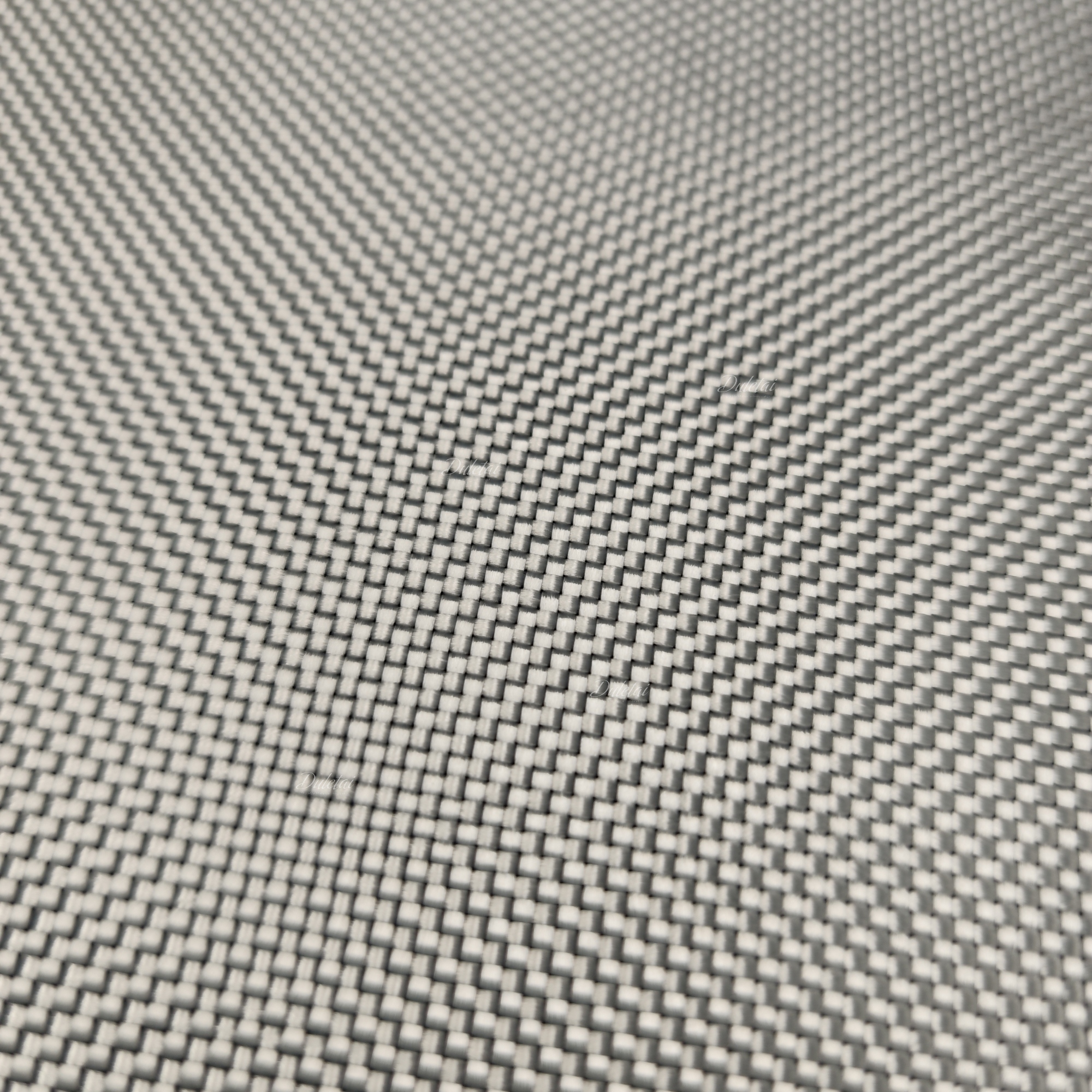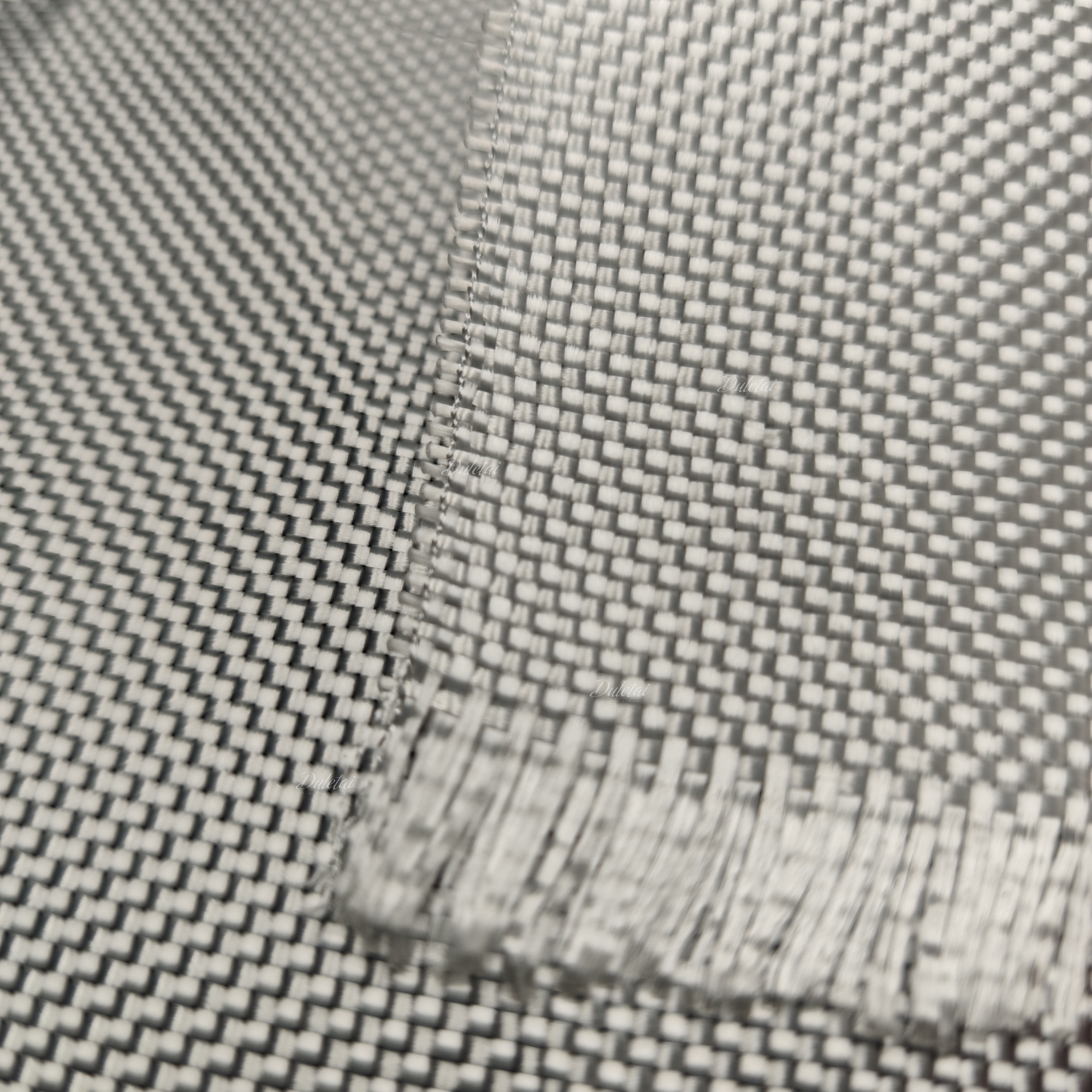Description
Views: 1211
Woven polyester fabric boast exceptional tear resistance and long-lasting UV protection. Making them the perfect choice for PVC coated and laminated tarpaulins and other demanding applications. Our advanced weaving techniques ensure that each fabric maintains dimensional stability and structural Integrity with a wide range of specifications weight/weave and width whether it’s for Construction ,Transportation, Agriculture or Environmental Protection.
Woven polyester fabric specifications:
-
Woven polyester fabric | 1000D×1000D 30×30 Technology: Plain woven Base fabric: 1000D*1000D/30*30 Tearing Strength (N/5cm) 1400-1700 Tensile Strength
(N/5cm)4000-4500 Elongation Rate
(%)12-15 Width: 1.05-5.1m Roll length: According to request Features:
1. Durability & Strength
Woven polyester fabric boasts high tensile strength, with tear resistance and load-bearing capacity that surpass natural fibers like cotton and wool. Its interlaced polyester yarns (e.g., 500D–1300D denier) provide structural integrity, making it resistant to wear, abrasion, and repeated use. For example, in industrial applications like conveyor belts or truck covers, it withstands mechanical stress without degradation.
2. Weather and Chemical Resistance
This fabric excels in harsh environments due to its moisture resistance, UV stability, and tolerance to chemicals. Specialized coatings or treatments enhance waterproofing and UV protection, ideal for outdoor gear (e.g., tents, awnings) or construction materials like waterproof membranes. Its resistance to mildew and hydrolysis further extends its lifespan.
3. Functional Flexibility and Wrinkle Resistance
Retains shape without ironing, suitable for apparel and upholstery. Thermal Stability: Maintains performance in temperatures ranging from 70°C to 170°C, critical for automotive and industrial uses. Adjustable through weave density, balancing airflow with insulation for sportswear or home textiles.
4. Lightweight and Easy Maintenance
Despite its strength, woven polyester remains lightweight, enhancing comfort in clothing and ease of handling in industrial settings. It is machine-washable, quick-drying, and resistant to shrinking, reducing long-term care costs.
5. Customization and Sustainability.
The fabric can be dyed, printed, or coated to meet design needs (e.g., jacquard patterns for fashion). Eco-friendly options include recycled polyester variants, aligning with growing demand for sustainable textiles.




